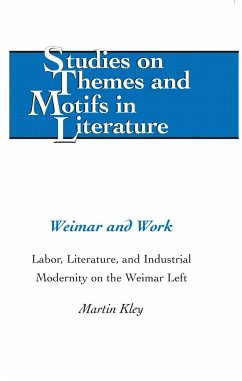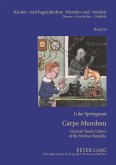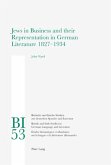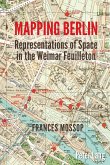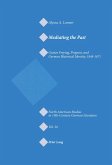Weimar and Work: Labor, Literature, and Industrial Modernity on the Weimar Left analyzes writing about work that was published in communist and anarchist newspapers during the Weimar Republic. By discussing texts that have been almost completely neglected, this book's approach departs from existing scholarship on Weimar in two significant ways. First, it analyzes these texts in the context of the period's dominant theories, practices, psychologies, and utopian ideas concerning labor. Due to the proximity of artistic and industrial «production,» particularly in the minds and practices of Weimar communists, this book considers these literary treatments of work also within the framework of literary and artistic meta-discourses during the Weimar Republic (e.g., Expressionism, New Objectivity, and Productivism). Second, Weimar and Work demonstrates how the works of B. Traven and other anarchist writers opened up real and conceptual spaces beyond the hegemonic and allegedly binary opposition between Americanism and Bolshevism. Such spaces allowed for the questioning of the very notion of waged work and critiqued the productivism of communist literature and cultural politics.
Bitte wählen Sie Ihr Anliegen aus.
Rechnungen
Retourenschein anfordern
Bestellstatus
Storno

